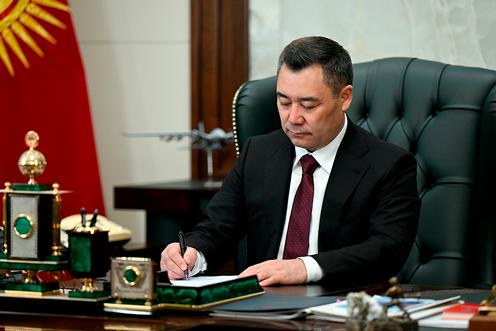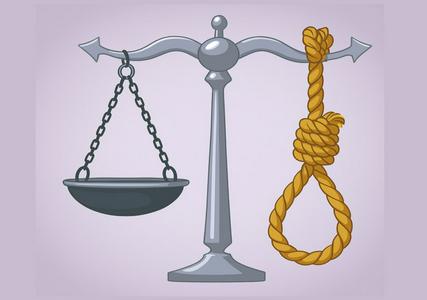Kyrgyzstan's President Sadyr Japarov has signed two laws: “On Freedom of Religion and Religious Associations” and “On Amendments to Certain Legislative Acts of the Kyrgyz Republic in the Religious Sphere.” This was announced by the presidential press service.
The laws are aimed at ensuring the freedom of religion in accordance with the country’s Constitution and international standards. They define the status, rights, and obligations of religious actors and regulate interactions related to their activities.
Key Provisions of the Law «On Freedom of Religion and Religious Associations»:
Expansion of Terminology: Broader definitions for key concepts related to religious activities.
State-Religion Interaction: Clear regulations for interactions between the state and religious organizations.
Enhanced Oversight: Improved provisions for government regulation of religious organizations.
Prohibited Actions: Introduction of a list of banned practices in religious activities.
Religious Education: Regulations governing the provision and oversight of religious education.
Authorized State Body: Legal status and responsibilities of the state agency overseeing religious affairs.
Highlights of the Law «On Amendments...»:
The amendments introduce penalties for several actions, including:
Face-Covering Clothing: Prohibition of wearing attire that obscures identity in public places.
Religious Coercion: Banning psychological or physical pressure to restrict freedom of conscience and belief.
Restricted Religious Activities: Prohibition of religious events in nursing homes, correctional facilities, and military units with the involvement of religious figures.
State Intervention: Preventing religious organizations from interfering in state functions.
Literature Distribution: Restriction on distributing religious literature in public and educational settings.
The law also bans the creation of political parties based on religion and prohibits their funding by foreign individuals or entities.
Amendments have been made to the laws governing the status of deputies in local councils (keneshes) and the national parliament (Jogorku Kenesh), specifying incompatibility between public service roles and religious activities.










